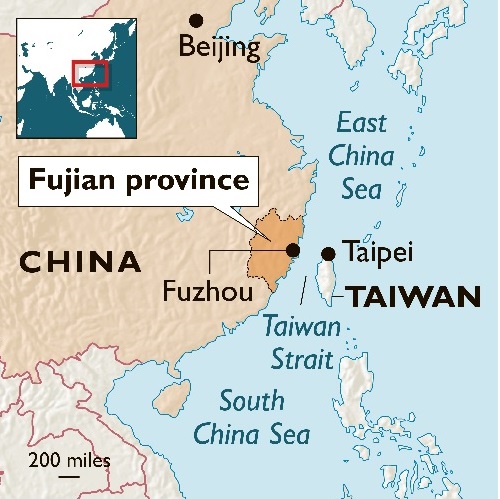7667766266
enquiry@shankarias.in
New Delhi must note that Taiwan’s close economic links with China have not stopped Taipei from asserting its rights.
Under the ‘One China’ policy, China does not recognise Taiwan, formed by the fleeing nationalists in 1949, as a sovereign, separate entity, but only acknowledges the People’s Republic of China created by the Communist Party of China.

To know about the US-China's tussle on Taiwan, click here
References